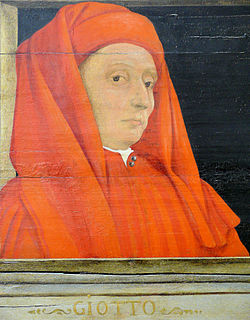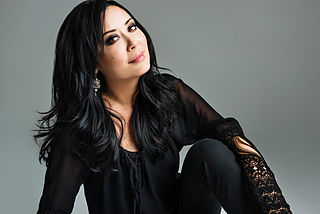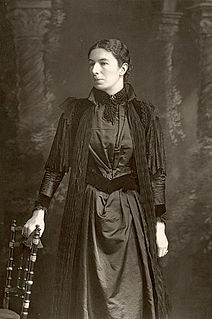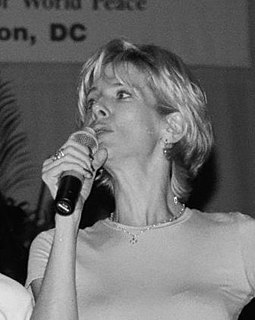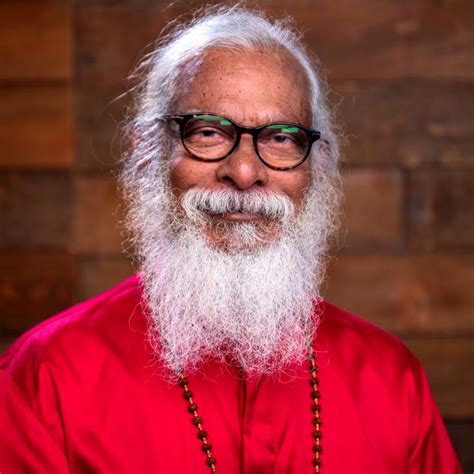A Quote by Sylvia Plath
How frail the human heart must be - a mirrored pool of thought.
Related Quotes
The thoughts and opinions of one human being, if they are sincere, must always have an interest for some other human beings. The world is there to think about; and if we have lived, or are living, with any sort of energy, we must have thought about it, and about ourselves in relation to it - thought 'furiously' often. And it is out of the many 'thinkings' of many folk, strong or weak, dull or far-ranging, that thought itself grows.
What a proof of the Divine tenderness is there in the human heart itself, which is the organ and receptacle oft so many sympathies! When we consider how exquisite are those conditions by which it is even made capable of so much suffering--the capabilities of a child's heart, of a mother's heart,--what must be the nature of Him who fashioned its depths, and strung its chords.
Sartre is one example of someone who does just this. Every text is, after all, a human document and whatever Kierkegaard thought about God was clearly a matter of human thought that can, in principle, be retrieved and interpreted by other human beings. A phenomenological approach to religion must, it seems to me, adopt the old adage: nothing human is alien to me.
You must squeeze out of yourself every sensation, every thought, every image, - mercilessly, without reserve and without remorse: you must search the darkest corners of your heart, the most remote recesses of your brain, - you must search them for the image, for the glamour, for the right expression. And you must do it sincerely, at any cost: you must do it so that at the end of your day's work you should feel exhausted, emptied of every sensation and every thought, with a blank mind and an aching heart, with the notion that there is nothing, - nothing left in you.
The heart of the theater is the play itself, how it dramatizes life to make it meaningful entertainment. To achieve depth and universality, the playwright must subject himself to intense critique, to know human character and behavior, and finally to construct art from the most mundane of human experience.
If any ambitious man have a fancy to revolutionize, at one effort, the universal world of human thought, human opinion, and human sentiment, the opportunity is his own -- the road to immortal renown lies straight, open, and unencumbered before him. All that he has to do is to write and publish a very little book. Its title should be simple -- a few plain words -- My Heart Laid Bare. But -- this little book must be true to its title.

